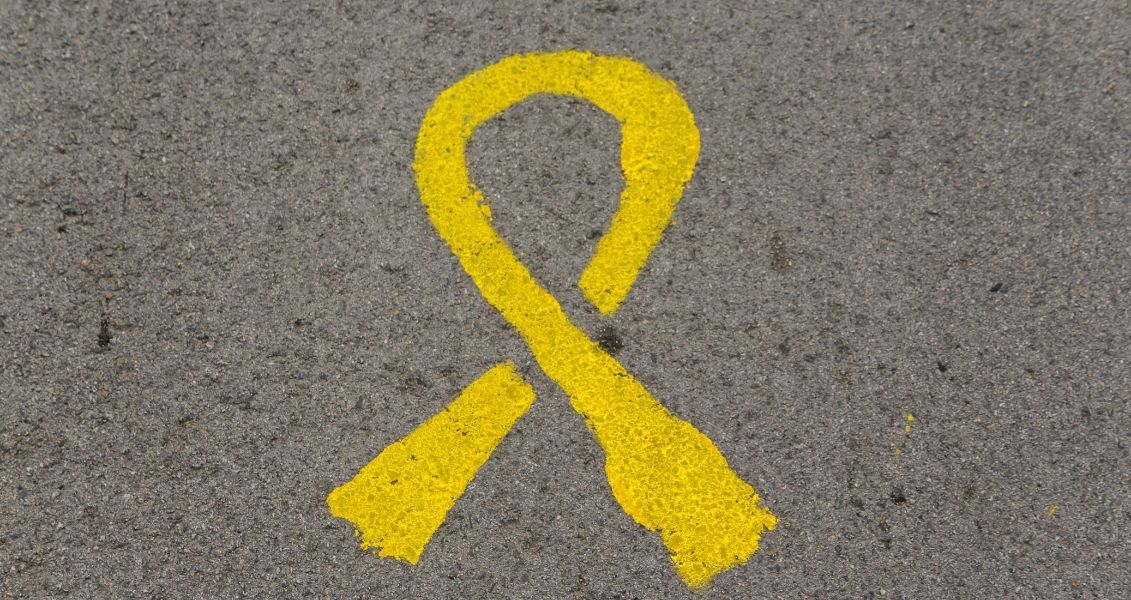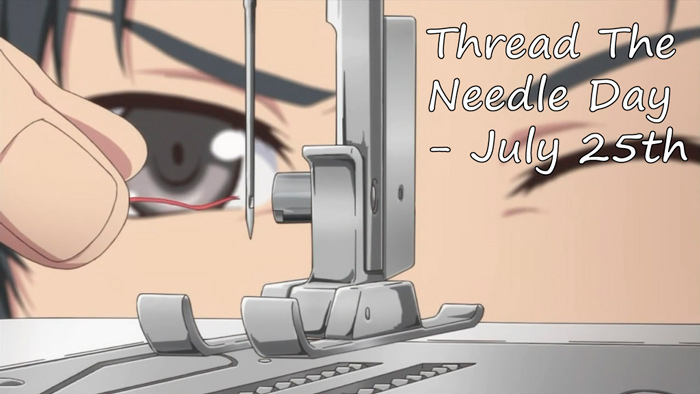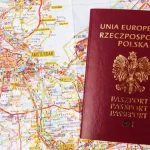Day of the Ukrainian political prisoner
What is this event?
It is natural to believe that every citizen of any country can freely enjoy basic human rights – to have freedom of thought, religion, and to participate in gatherings and associations at will. But, unfortunately, many people around the world have experienced for themselves that states are not always inclined to adhere to declared values, and Ukrainians are no exception. People who fought for the freedom and independence of the Ukrainian people during the Soviet Union suffered from repression and persecution by the authorities. They were actually doomed to become political prisoners, that is, people convicted and imprisoned for political reasons. Remembering and honoring these brave people, our country celebrates January 12 every year Day of the Ukrainian political prisoner.
How did the idea of celebrating the Day of the Ukrainian political prisoner come about?
Despite the fact that Ukraine is the largest country in Europe, and Ukrainians are a very numerous nation, for a long time we did not have our own statehood. For the first time, but only for a short time, our country gained sovereignty in 1918. Since 1922, Ukraine was officially joined to the Union Republics of the USSR.
Since that time, the authorities have relentlessly tried to prevent the slightest possibility of the Ukrainian liberation movement. For this, all means were used – from a brutal famine to a persistent policy of Russification, the suppression of the Ukrainian language, the resettlement of Ukrainians to sparsely populated regions of Russia, and instead the settlement of Ukrainian lands with ethnic Russians.
The dream of a free Ukraine
Despite everything, the Soviet dictatorship could not completely suppress national consciousness in Ukraine. After the Second World War, the dream of Ukrainians for a free state gained strength again, mainly localized in the western regions of the country.
Thus, in Ivano-Frankivsk in 1955, young people created an underground organization called the United Party for the Liberation of Ukraine. Its activities consisted in promoting the idea of an independent Ukraine among the population. In 1958, the organization was exposed, and its members were sentenced to terms of seven to ten years.
In Lviv in 1961, participants were sentenced to long terms for organizing and participating in the Ukrainian Workers’ and Peasants’ Union. One of the organizers of this underground party was the young lawyer Levko Lukyanenko. He was first sentenced to be shot, and then the sentence was changed to 15 years in prison.
Fates are broken, but not the will
In a similar way, the destinies of many conscious Ukrainian patriots were broken by the Soviet authorities. Membership in underground organizations could not only be a reason for persecution, conviction and even execution. People were often imprisoned for banned literature, distribution of leaflets, even for hanging the national Ukrainian flag.
During the reign of Nikita Khrushchev, in the period of the so-called “thaw”, many young poets, artists, artists declared themselves in Ukraine. Despite all the diversity of talents, these people were united by a special national and civic consciousness.
Talented publicists, historians, writers also appeared in the 60s – Vasyl Stus, Valentin Moroz, Vyacheslav Chornovil, Ivan Svitlichnyi, Svyatoslav Karavanskyi, Yevhen Sverstyuk, Mykhailo Braichevskyi. They had the courage to oppose the state’s course to destroy Ukrainian culture. The ideas of the “sixties” movement spread throughout Ukraine, but the center of free-thinking was in Kyiv.
January 12, 1972
On January 12, 1972, arrests began in Kyiv and Lviv, which lasted for three days. During these days, Vasyl Stus, Vyacheslav Chornovol, Stefania Shabatur, Ivan Svitlychny, Mykhailo Osadchy and other famous “sixties” were detained. Almost all the leading figures of the national-democratic movement of Ukraine were arrested. They were accused of anti-Soviet agitation and propaganda, and criminal charges were fabricated against some of them. Almost all defendants received the most severe sentences.
It was January 12, the day the arrests began in 1972, which later became the Day of the Ukrainian Political Prisoner. This day was celebrated for the first time in 1975, and the founder of the memorable date was Vyacheslav Chornovil. However, during the times of the USSR, the Day of Political Prisoners was mostly celebrated by people who experienced the repressions of the totalitarian system and their like-minded people.
Indicative in the sense of fate political prisoner is the life of Vasyl Stus, a gifted Ukrainian poet and translator. In 1972, he was sentenced for the first time to 5 years in the camps and 3 years of exile for beliefs that did not coincide with the government’s policy. He had to serve his sentence in the Magadan region, and Stus returned from prison with a significant loss of health.
Having just been released, in 1980 he was arrested again, and this time he was sentenced to 10 years in the camps and 5 years of life in exile. On September 4, 1985, the poet died of cardiac arrest in the camp cell. However, the official cause of death is still in doubt – his comrades suspected the possible murder of Stus by guards.
Day of the Ukrainian political prisoner in history
-
1965
August SeptemberAbout 20 representatives of the Ukrainian intelligentsia – the “sixties” – were arrested in various cities of the country. -
1970The first issue of “Ukrainian Herald” – an underground magazine, which covered events in the country without censorship and published banned literary works – was published.
-
1972Petro Shelest, the head of the Central Committee of the Communist Party of Ukraine, was removed from his post, accused of pandering to nationalism in Ukraine. The reason was the existence of the illegal “Ukrainian Herald”.
-
1973In the Ternopil region, a group of young people was sentenced for hanging the Ukrainian national flag. The longest term of imprisonment for the Ukrainian flag was 11 years.
-
1976The establishment of the Ukrainian Helsinki Group is an association of human rights defenders with the aim of protecting the persecuted and promoting the observance of human rights.
-
1981
January 12Five young people were arrested in Kyiv for pasting leaflets with a call to celebrate the Day of the Ukrainian Political Prisoner. Four of them were sentenced to three years in prison for this act.
Frequent Questions and answers about the Day of the Ukrainian political prisoner
Such norms were defined by the Parliamentary Assembly of the Council of Europe in 2012 and include five signs that indicate the political motive of deprivation of liberty.
Unfortunately, Ukraine still does not have such a law, and this creates obstacles to the ability of citizens affected by political persecution to receive assistance from the state.
The initiator of the idea and the editor-in-chief of the magazine was Vyacheslav Chornovil. In 1972, after the arrest of Chornovol, the publication was suspended, and fully resumed only in 1987.
In 1975, the Soviet Union, among other 35 states, signed the Helsinki Accords, which declared strict observance of civil rights and freedoms. In fact, these rights were never respected in the USSR, so this group was created to achieve at least some movement towards the implementation of the Helsinki Agreements.
Such exchanges sometimes took place. For example, in 1976, the USSR government exchanged the political prisoner – writer and scientist Volodymyr Bukovsky for the communist Luis Corvalan imprisoned in Chile. Cases of exchanging dissidents for KGB spies detained in other countries are also known.
How to celebrate the Day of the Ukrainian political prisoner?
During Soviet times in Day of the political prisoner prisoners in the camps protested against cruel treatment, demanded separation from criminals, permission to receive letters. Since the authorities hardly responded to these demands, political prisoners were often forced to go on hunger strike.
Since Ukraine gained independence, materials about political prisoners of the Soviet regime have become available to everyone. Therefore, caring citizens understand what they owe to the brave who, in the most difficult years, were able to resist the merciless state system. On January 12, not only the most famous Ukrainian political prisoners are honored, but also those whose names have not been preserved in history.
Bringing flowers to memorials for victims of political repression or taking part in a rally in their honor is the least that every person can do on this day. Charitable actions are also usually held for the benefit of former political prisoners in need of assistance. Schools and other educational institutions organize events to acquaint young people with this page of our history.
To soak up the atmosphere of this memorable day, you should watch the Ukrainian-produced feature film “Forbidden” – about the life and death of Vasyl Stus. This picture can inspire further familiarization with Stus’s literary heritage and the work of other famous Ukrainians who were subjected to severe trials of political repression.
- And you can write a letter to your compatriots. Real, paper! You can read about it in the article A Mouthful of Freedom: Why You Need to Write Letters to Ukrainian Political Prisoners.
Why is this event important?
It is necessary to remember past political persecutions in order to prevent the repetition of similar ones in the future – this truth cannot be doubted. The very existence of the commemorative date of January 12 should logically mean the absence in our country of people deprived of their freedom for having a “different” worldview.
So the question arises – are there political prisoners in Ukraine at the moment? No one has a concrete answer, but everyone understands that there are definitely victims of brutal treatment in places of deprivation of liberty or in police stations. Therefore, it is extremely important to change the rules regarding the observance of human rights in the state penitentiary system.
- January 12 is also of special importance because now we have prisoners for the political views of Ukrainian citizens on the territory of Russia.
Thanks to the joint efforts of the government and public organizations, dozens have recently been returned to their native homes Ukrainians – political prisoners.
But, according to human rights organizations, at least 103 more of our compatriots are in Russian detention centers and penal colonies. It is extremely important for these people to feel the support of their Motherland – from the visits of Ukrainian consuls to ordinary citizens who support the prisoners with their warm letters.
Feeling like a united nation, on the Day of the Ukrainian political prisoner, we pay attention to the troubles in which we sometimes have to live, we think about the values that are worth fighting for, we remember those whom we have to free from captivity.
When will we celebrate Ukrainian political prisoner’s day?
| Year | Date | Weekday |
|---|---|---|
| 2021 | January 12 | Tuesday |
| 2022 | January 12 | Wednesday |
| 2023 | January 12 | Thursday |
| 2024 | January 12 | Friday |
| 2025 | January 12 | Sunday |



































